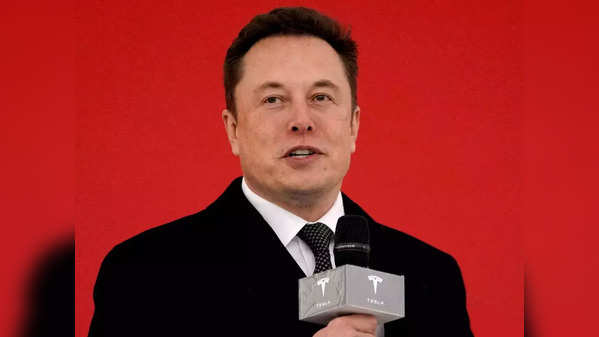'Not for sale': Taiwan slams Elon Musk for his pro-China comments

17-Sep-2023 01:17 PM
Taiwan has strongly criticized American tech billionaire Elon Musk for his unwavering support of Beijing, particularly for his assertion that Taiwan is "an integral part" of China. Beijing asserts its sovereignty over Taiwan and has escalated its efforts to bring the self-governed island back under its control, especially since the election of Taiwanese President Tsai Ing-wen in 2016, who advocates for independence. Musk incurred the anger of the Taiwanese government when he likened Taiwan to the US state of Hawaii during a podcast and referred to the island as "an integral part" of China. Taiwan's foreign ministry spokesperson, Jeff Liu, commented on Musk's statements, saying, "Musk appears to be excessively flattering China, and if these comments are driven by commercial interests, they lack credibility and do not merit respect." He added, "We cannot say whether Musk's free will can be bought, but we can firmly state that Taiwan is not for sale." Taiwan's foreign minister, Joseph Wu, also took to X, the social media platform formerly known as Twitter, which Musk owns, to criticize the billionaire. Wu suggested that Musk should request the Chinese Communist Party to open up internet access through X for the people in China, highlighting Musk's recent decision to turn off internet access to Starlink, his satellite-based communication system, during a Ukrainian attack on Russian warships in the Black Sea last year. Musk has previously drawn ire in Taiwan for his comments regarding the eventual integration of Taiwan with China. In a CNBC interview, he said, "The official stance of China is that Taiwan should be integrated... There is no need to read between the lines." Tesla, the electric car manufacturer led by Elon Musk, operates a substantial manufacturing facility in Shanghai. Musk's most recent visit to China took place in May, during which he engaged in discussions with high-ranking Chinese officials. The Chinese Foreign Ministry reported that Tesla expressed its readiness to further expand its operations within the country. Elon Musk, known for his outspoken nature and extensive business interests in China, often ventures into social and geopolitical matters in his social media posts. In October, Musk had offered his solutions to end the Russian-Ukraine war. Musk had recommended that the government in Kyiv consider relinquishing the territory that Moscow had seized in 2014. Additionally, he argued for Ukraine to adopt a neutral status, abandon its aspirations to join Nato, and advocated for the United Nations to oversee a new referendum in the regions that Russia has sought to annex. He also expressed skepticism about the feasibility of a protracted conflict ending in a Ukrainian victory. Subsequently, Musk initiated a Twitter poll inquiring whether "the will of the people" should determine whether these regions remain part of Ukraine or become Russian territories. Needless to say, Musk's proposals were not well received by Ukraine and its President Zelenskyy accused the Tesla owner of being Pro-Russia.